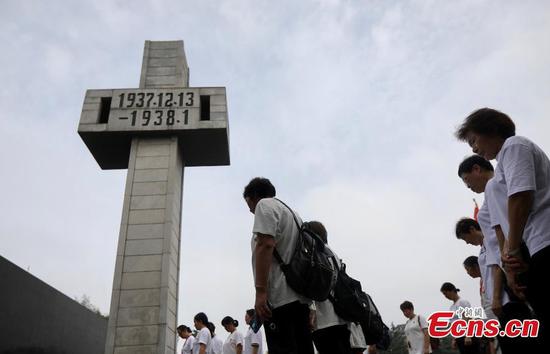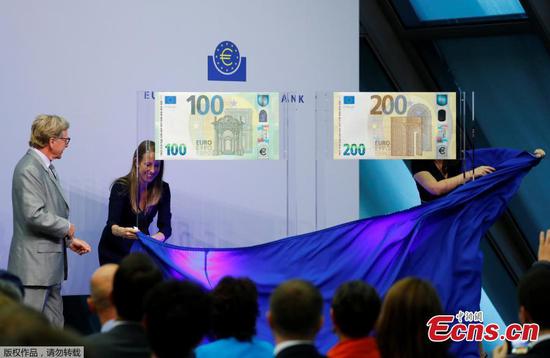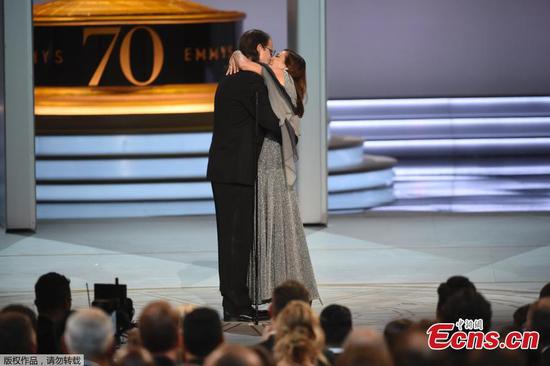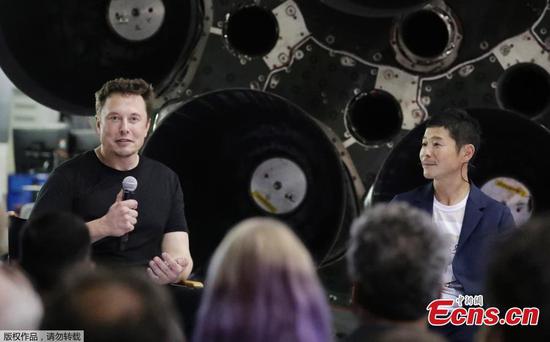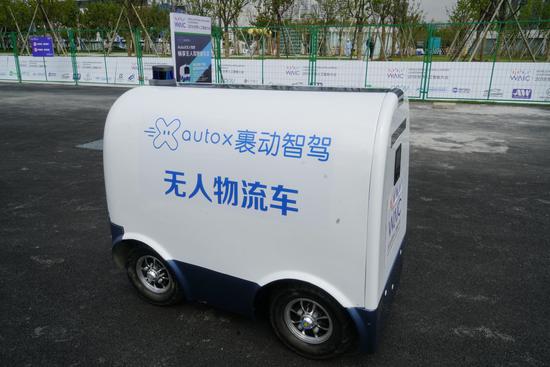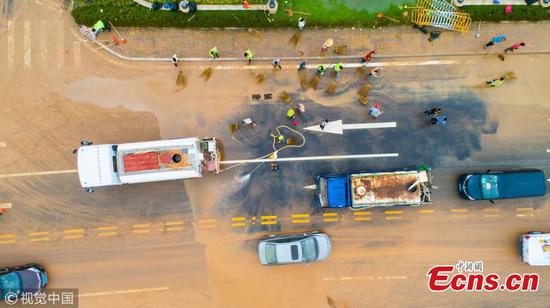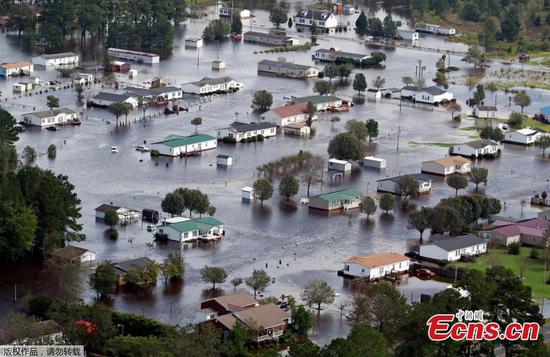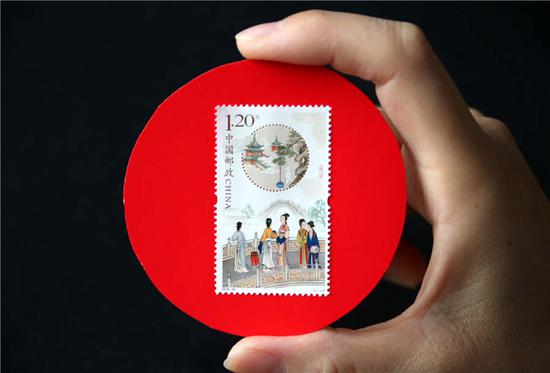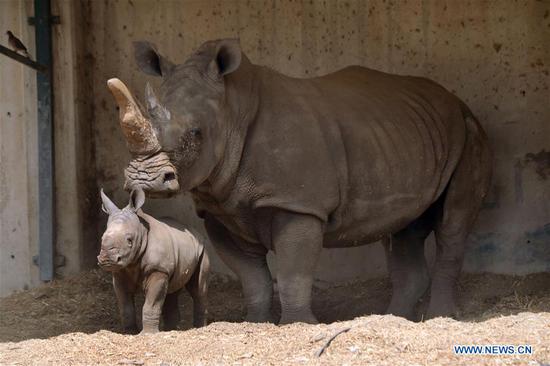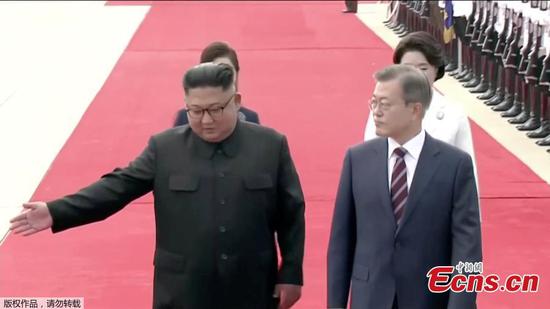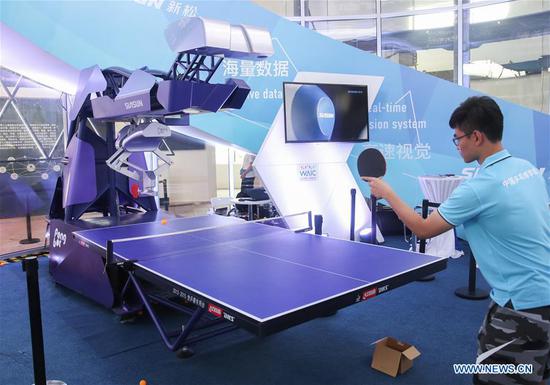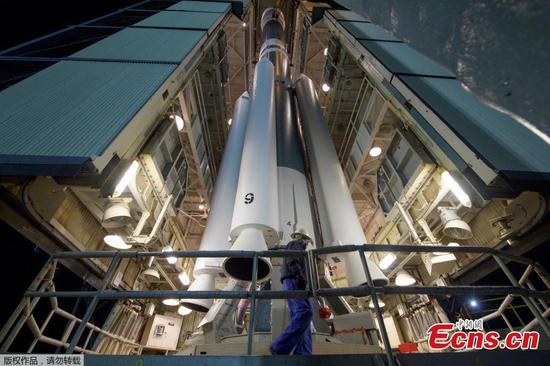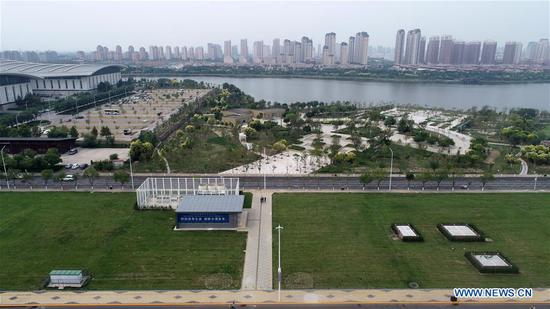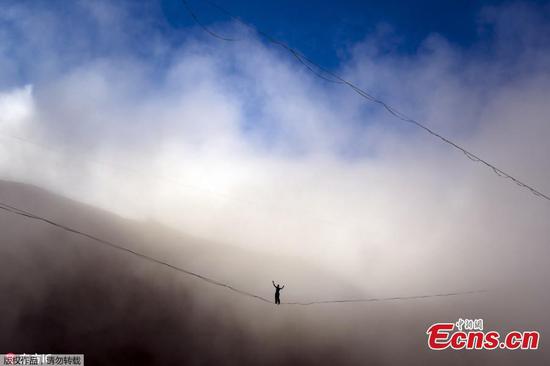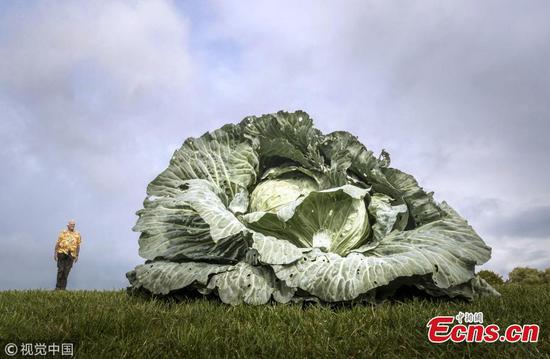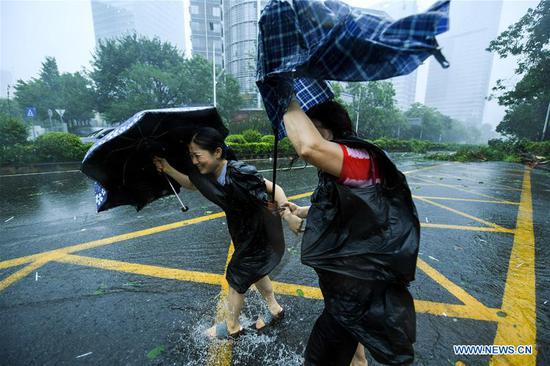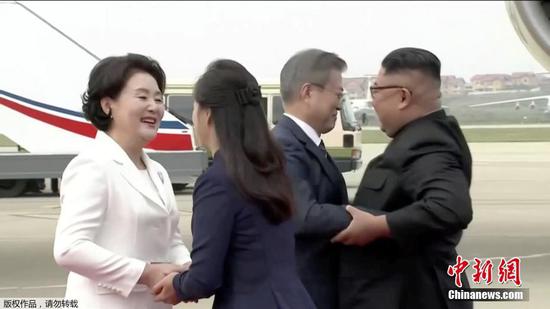The U.S. imposition of additional tariffs on 200 billion U.S. dollars' worth of Chinese goods came under intense fire Monday, as business leaders and trade experts opposed the escalatory move.
U.S. Chamber of Commerce President and CEO Thomas Donohue in a statement on Monday slammed the tariffs as anti-growth.
"The U.S. economy runs on pro-growth policies, but that's not what tariffs on 200 billion dollars worth of Chinese goods deliver," he said.
Donohue called back to a six-day hearing in August where more than 300 U.S. businesses and trade organizations pleaded that U.S. trade officials should rescind additional tariffs on Chinese goods, using statistics and props to show the reasoning behind such measures were ill-founded.
"Today's decision makes clear that the administration did not heed the numerous warnings from American consumers and businesses about rising costs and lost jobs on Main Street, in factories, and on farms and ranches across the country," Donohue said, lamenting that the U.S. government had turned a blind eye to the overwhelming opposition by businesses.
Hun Quach, vice president of the trade group Retail Industry Leaders Association, who has appeared repeatedly before trade officials to argue against tariffs, said in a statement that her organization was "extremely discouraged by the administration's announcement to levy tariffs on millions of products American consumers buy every day."
"Tariffs are a tax on American families," Quach said. "Consumers -- not China -- will bear the brunt of these tariffs and American farmers and ranchers will see the harmful effects of retaliation worsen." Quach also expressed the concern that additional tariffs imposed before the traditional shopping season will put extra burden on consumers in the United States.
Dean Garfield, the CEO of Information Technology Industry Council, called in a statement the additional tariffs "reckless."
"President (Donald) Trump's decision to impose an additional $200 billion (in goods) is reckless and will create lasting harm to communities across the country," he said. "If implemented, these tariffs will have both short- and long-term effects on the United States -- from increased prices at the checkout counter to decreased leadership on the emerging technologies that will shape our future."
Gary Shapiro, representing the Consumer Technology Association, questioned the legality of newly announced tariffs.
"Today's retaliatory tariffs are not an effective trade policy and may violate U.S. law. Congress has not given the President or the USTR (U.S. Trade Representative) a blank check to pursue a trade war. These new retaliatory tariffs run afoul of the carefully tailored provisions of the Trade Act of 1974, which require any action to be within the scope of the Section 301 investigation," Shapiro said in a statement.
Adam Posen, a leading trade expert and President of the Peterson Institute for International Economics, said at a forum Monday that the tariff strategy is destined to fail, as it will not resolve trade disputes but will stifle U.S. competitiveness and undermine consumption power of the U.S. working class.
Jacob Lew, a former U.S. Secretary of Treasury, told the same forum that the path Washington should pursue is constructive engagement with Beijing to seek consensus and mitigate differences. Slapping tariffs against China will only make things worse, he said.









